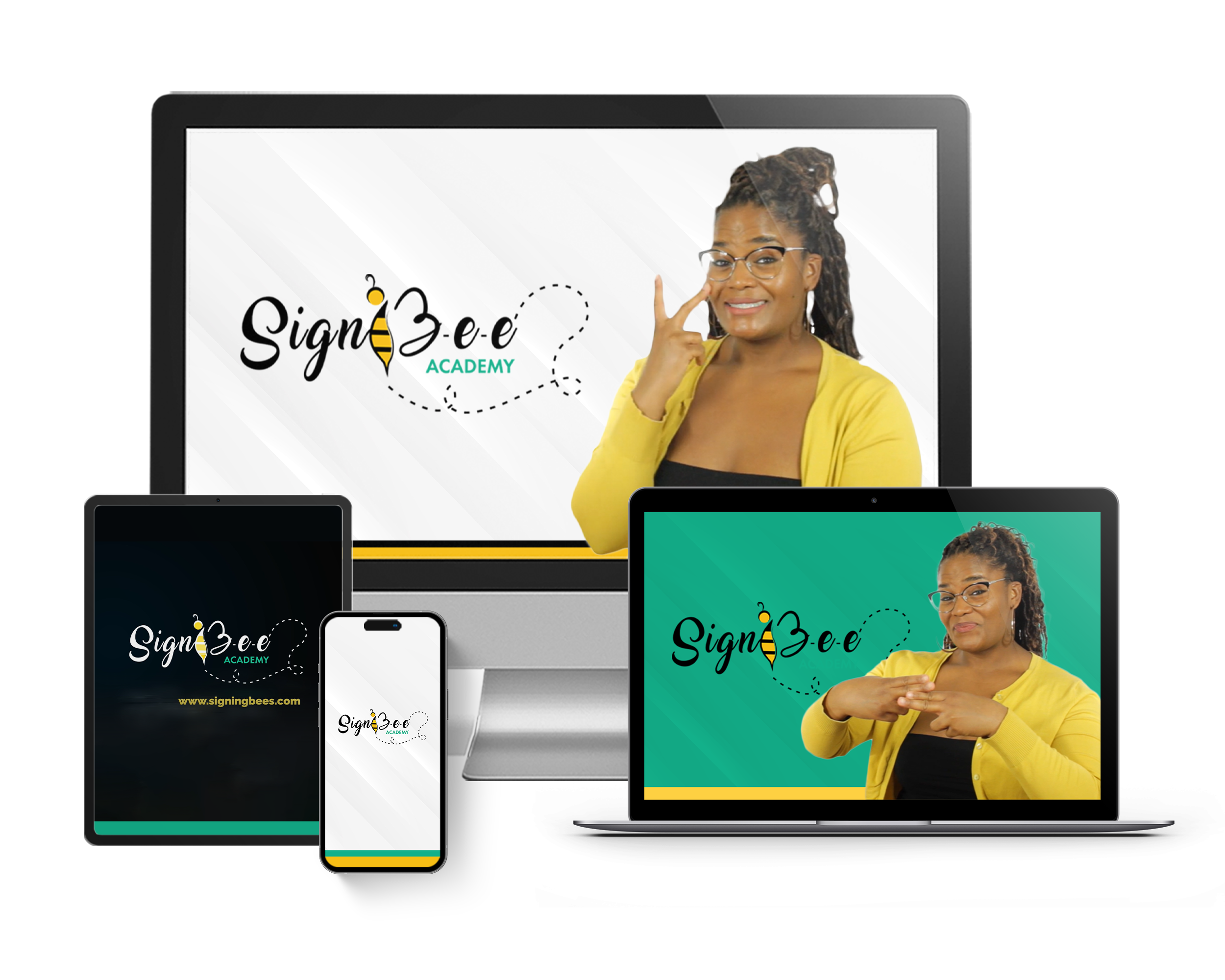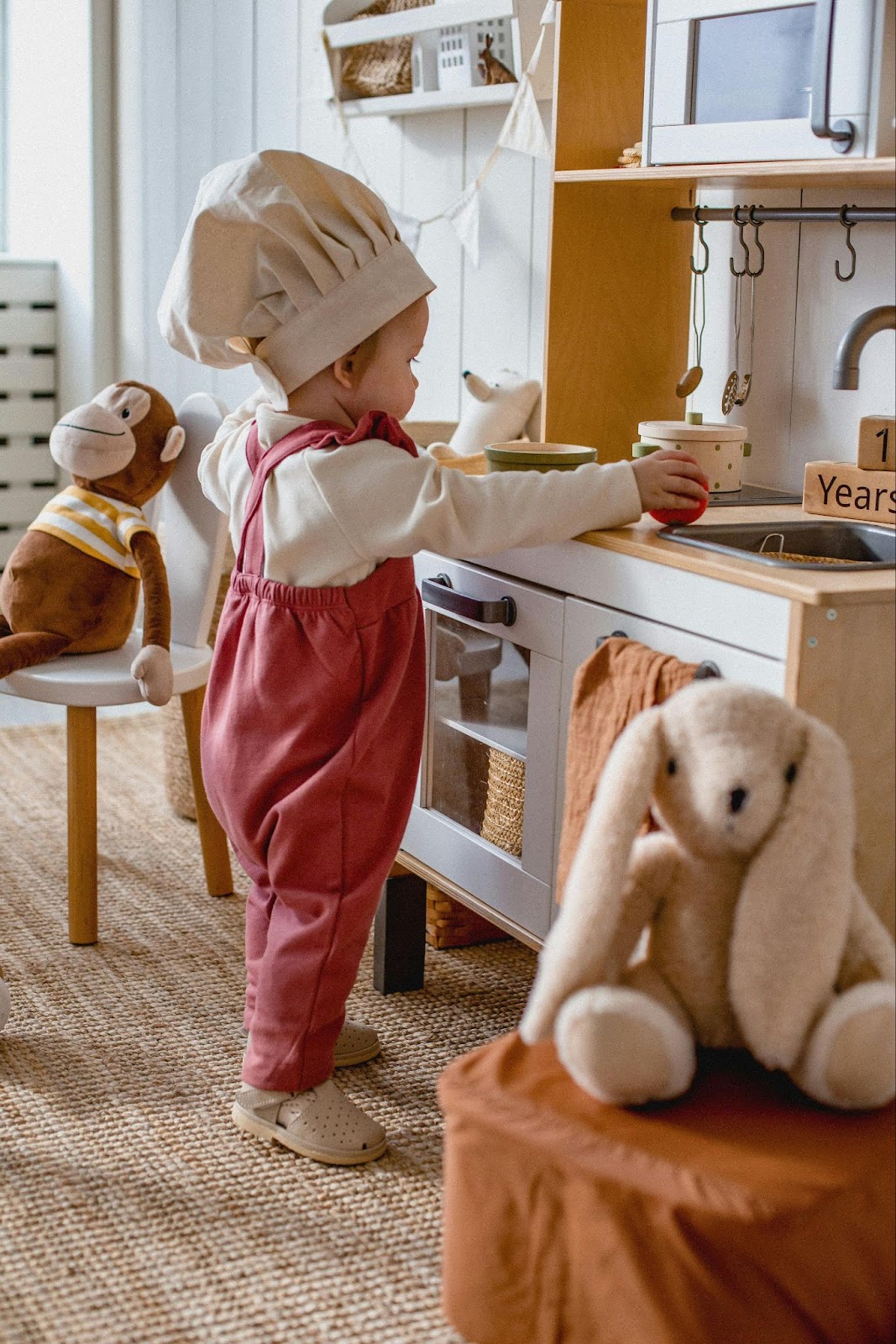One of the first joys parents experience while raising kids, especially between 4 months to a year is watching their toddlers attempt to communicate with sounds. It’s like their hearts are going to explode with such much joy and happiness. That’s why in some cases, you see these parents employ a lot of effort on getting the first words out, and not just that, they want their toddler’s first words to be ‘mama or dada’.
The first sounds babies make are generally called cooing sounds which gradually become babbles. They show that your toddler understands you much more than they can communicate. To help them communicate better at this point in their lives, baby sign language is what they need.
In case you don’t know the stages of speech development, in this article, I’ll explain these stages and explore the effects of baby sign language on speech development.
Stages of Speech Development
STAGE ONE is called the INSTINCT SPEECH
This stage is very instinctual. It involves toddlers trying to show their needs and discomfort. They cry when they are hungry and uncomfortable, and laugh when they are happy.
STAGE TWO is called the EGOCENTRIC SPEECH
At this level of speech development, the child isn’t trying to communicate with anybody but themselves. They blab to themselves.
As these kids grow, they talk out loud to themselves and think out loud. A good example is when you see a child who is doing some mathematical work in an unnecessarily loud manner.
STAGE THREE is called the INNER SPEECH
What happens here is mostly soundless. As your kids grow, rather than blurting out what they are thinking, they speak in their minds. It is more logical/mental but this stage is responsible for what guides their behavior.
Photo by Emma Pender Photography
Difference between Speech and Language Development
Now you have learned the three different stages of speech development, you must not mistake it for language development because they are two different things.
While language is the word, speech is the sound.
Your child needs to develop speech first before language to the point where they can develop speech and language. The sounds form the words. So, baby sign language when started early can give backbone to your child’s speech.
To Help Your Child’s Speech and Language, You Should:
Actively Talk to Your Child Throughout the Day
Let them know what talking sounds like. Let them get familiar with voices so that they look forward to producing sounds too.
Read Books to Your Child
This introduces them to sounds and words in structured forms/patterns.
Sing/Play Music to Your Child
The benefit of singing to your child to develop their speech is that your child is exposed to repetitive language patterns which fosters their memorization and recalling skills.
How Baby Sign Language Impacts Speech Development
It Builds Your Child’s Vocabulary
Because sign language has to do with your child using signs to communicate already established words, feelings, and actions, it means that automatically, the more signs your baby learns, the more words, feelings, and actions they know which are summed as the more their vocabulary expands.
More specifically, the four types of your child’s vocabulary are what expands because of baby sign language.
Remember the stages of speech development we talked about? You are not only working on your child’s egocentric (speaking aloud) speech, but you are also equipping their inner speech when you engage them in baby sign language.
It Develops Your Child Emotionally
A child who can communicate how they feel at different times is emotionally balanced. Your emotions play a huge role in your communication (in this case your child’s speech development).
When children are in an environment that doesn’t encourage good self-expression, they tend to shut down their emotions, shut people out, and sometimes do not want to speak entirely. But the irony is that with baby sign language, they don’t have to speak out loud. Yet, they can express themselves and tell how they feel with baby sign language until they find themselves in a conducive/supportive environment once again where their words can come out.
Imagine being in a gathering with your child who is already learning how to talk but is too shy to say what’s wrong. All you have to do is utilize sign language and that child might be able to still tell you what the problem is.
It Improves Your Child’s Cognitive Skill
Speech development/spoken language is a cognitive skill. Also, teaching your child baby sign language is a build-up of a child’s cognitive skill that improves their memory and spatial reasoning.
Your next question might be, “What do spatial reasoning and baby sign language have in common?” The answer is GESTURES. Baby sign language employs a lot of body, facial, and hand movements which when critically examined are representations of objects in the environment (the same objects portrayed in spatial reasoning exercises).
If you want to learn the relationship between spatial reasoning/awareness and speech development, check here.
Factors That Affect Speech Development in Children
Allow me to point out some factors that affect your child’s speech development. The three most important factors are:
Genetics
Research shows that there are about sixty thousand to one hundred thousand genes in a human being and that a person’s brain activity/development is affected by thirty percent of it. This goes to show how directly linked our genes are with our speech development because it starts and ends with our brains.
Social interaction
Children are a product of their surroundings. The interaction that goes on around them (between adults and adults, adults and children) affects how they speak. Imagine a child who for most of their life has been surrounded by people who only use ASL, that child will be more comfortable communicating in ASL than in any other spoken language.
Individuality
Speech development must always dance to the uniqueness of a child. Therefore no matter how similar the exposure to language is, a child’s biological, and psychological framework (in essence their individuality), must put a spin on their speech development.
On a Final Note
When baby sign language is incorporated early into a child’s communication, it drastically affects their speech development (noting the three stages of speech development) because it builds their vocabulary, empowers them emotionally, and improves their cognitive skills. I don’t think you should be hesitant about teaching your child baby sign language. With Unspoken Language Services, I can show you how to do so seamlessly.
Thumbnail Photo Credit to: Photo by The Party Bash Photography




